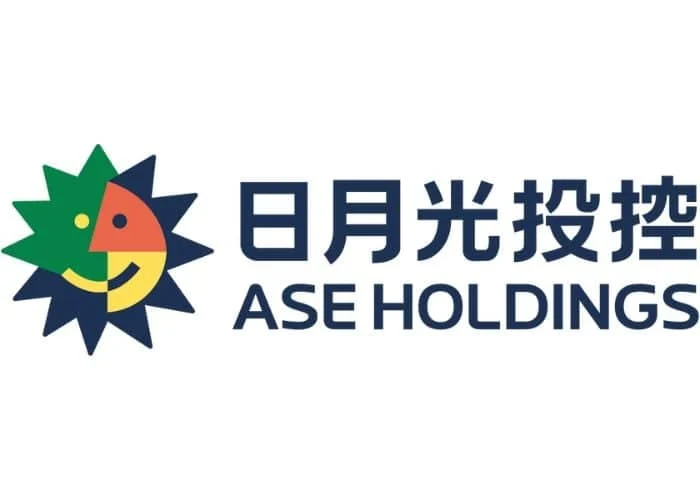KAOHSIUNG, Taiwan — ASE Technology Holdings, the world’s leading provider of semiconductor assembly and testing, has announced a NT$6.5 billion (US$217 million) investment in Kaohsiung’s Lujhu District (路竹區). The company, through its subsidiary, will purchase a factory and related facilities to expand its capacity in advanced packaging, a field increasingly critical to artificial intelligence, high-performance computing, and next-generation electronics.
Why It Matters
ASE is not a household name, but it sits at the heart of global electronics. More than 90 percent of the world’s tech companies rely on ASE to test and package the chips that power their devices. The company’s role has grown even more central as chipmakers look for packaging solutions to push performance beyond the limits of traditional scaling.
The Lujhu acquisition, according to industry reports, involves facilities formerly operated by Win Semiconductors. That makes the move not only an expansion but also part of a regional consolidation, ensuring that valuable infrastructure stays active and tied to Taiwan’s supply chain.
The Packaging Frontier
In semiconductors, packaging is no longer an afterthought. New techniques such as 2.5D and 3D integration allow multiple chips to be combined into a single, more powerful unit. This is how companies like NVIDIA deliver the horsepower demanded by AI training systems, and why advanced packaging is viewed as the next bottleneck — and opportunity — in the global chip race.
ASE has been investing heavily in these technologies. The new Kaohsiung site gives the company additional room to scale production for high-growth sectors, from AI data centers and 5G infrastructure to automotive electronics.
Kaohsiung’s Growing Role
While the island’s semiconductor story is often told through Hsinchu and, more recently, Tainan, Taiwan’s “harbor city” of Kaohsiung is emerging as a serious player. ASE’s headquarters are already here, and the city government has been courting technology investments with promises of infrastructure, energy security, and workforce development.
The presence of ASE, paired with new commitments by NVIDIA and others, is giving Kaohsiung some serious gravitational pull in Taiwan’s semiconductor economy. For Lujhu District, the purchase will bring new jobs and steady demand for engineering talent.
Beyond Business
The investment carries weight beyond balance sheets. Taiwan’s strength in semiconductors is both its economic backbone and its strategic shield. TSMC dominates advanced chip manufacturing; ASE dominates assembly and testing. Together they represent an irreplaceable segment of the supply chain.
Every new expansion on the island underscores Taiwan’s centrality in the global economy, and by extension, its geopolitical significance. Washington, Beijing, Tokyo, and Brussels all understand this. So does ASE, which is signaling that even as it maintains operations worldwide, its most critical bets remain at home.
What’s Next
ASE has not released a detailed schedule for the Lujhu facility, but industry analysts expect renovations and equipment installation to begin quickly, with production coming online within two years. Customers will likely include top-tier chip designers and systems companies looking for secure, high-volume packaging for AI and high-performance computing.
The company has described the investment as a way to ensure capacity keeps pace with global demand, particularly as applications like machine learning and autonomous driving accelerate.
A Strategic Step
The number itself — NT$6.5 billion — is small compared to the billions poured into cutting-edge fabs by TSMC. But in the packaging and testing segment, it is significant. Each expansion gives ASE the ability to capture new business and reinforce its dominance in an area where few global players can compete at scale.
And for Kaohsiung, the deal is another sign that its strategy to attract high-value industries is working.



